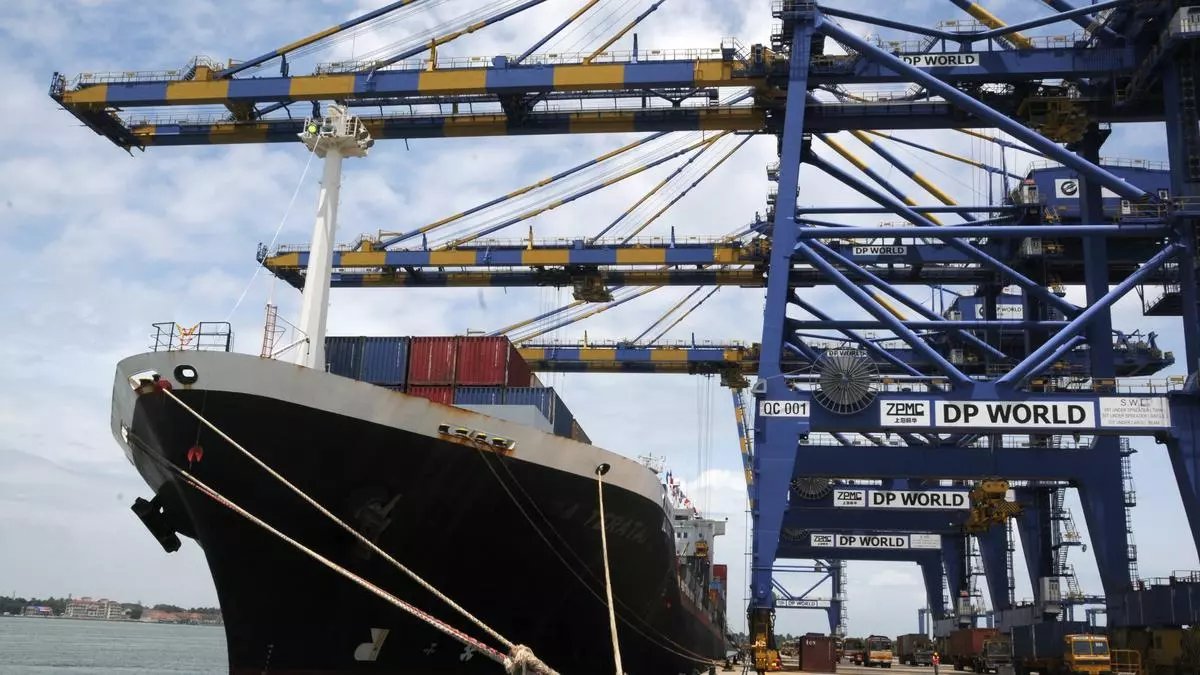Bengaluru’s warehousing and manufacturing leasing is experiencing steady growth in early 2024, primarily driven by the third-party logistics (3PL), manufacturing, and fast-moving consumer durables (FMCD) sector, particularly in large appliances and electronics with projections to grow 12 to 14 per cent by 2025, as per Savills India Research.
- Also read: Bengaluru dominates India’s residential real estate market with highest launches and sales: JLL Report
The manufacturing sector, traditionally driven by cities like Pune, Chennai, and Delhi-NCR, is now seeing significant growth in Bengaluru which promotes the establishment of manufacturing clusters in concentrated regions, stated Srinivas N, Managing Director, Industrial and Logistics, Savills India in an interaction with businessline.
This expansion is supported by the government’s renewed commitment to establishing India as a manufacturing leader. In the interim budget presented by Finance Minister Nirmala Sitharaman on July 23, various initiatives were introduced to promote the growth of this sector. The reduction in basic customs duty for inputs and raw materials, along with incentives focused on job creation, positions the manufacturing industry for further growth.
In the first half of 2024, the industrial and warehousing sector witnessed robust absorption of 27.3 million square feet, reflecting a 21.9 per cent increase year-over-year (YoY) compared to the 22.4 million square feet absorbed during the same period in 2023. The 3PL sector played a significant role in this growth, driving demand with a 33 per cent share, followed by the manufacturing sector at 22 per cent and the FMCG/FMCD sector at 17 per cent. Notably, the uptake of manufacturing warehouses significantly contributed to the overall absorption. Tier I cities captured a dominant share of the absorption at 78 per cent, while Tier II and III cities accounted for the remaining 22 per cent.
“Bengaluru has evolved into a mixed-sector space, with major players such as Foxconn, Tata Motors, and Apple setting up operations, contributing to the city’s manufacturing growth,” added Srinivas.
- Also read: ‘South Indian cities – Chennai, Bengaluru, Hyderabad – to shape global data centre landscape’
He further noted that, with the industry shift toward Grade A and B projects, Bengaluru’s warehousing sector faces challenges in aligning facilities with growing demand. The key sub-sectors leading this growth include chemical storage, cold storage, and urban distribution centers, particularly cold storage, which is fueled by the pharma sector and the rising demand for frozen and fast food. Urban logistics centers, or dark stores, are becoming increasingly common near residential and office areas. However, high real estate costs stemming from private land ownership complicate land acquisition and impact both the warehousing and manufacturing sectors.




